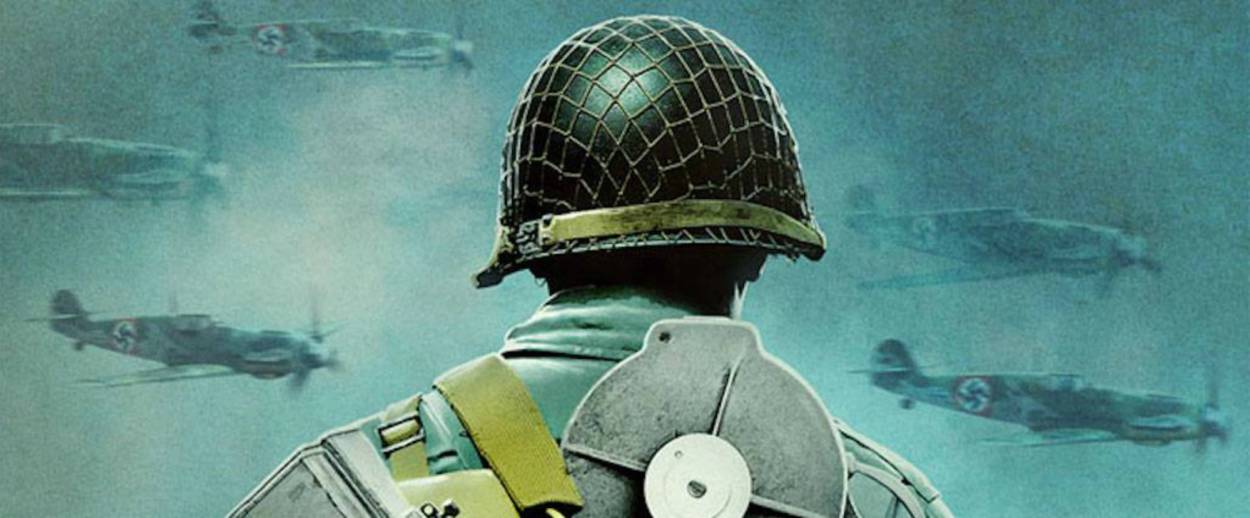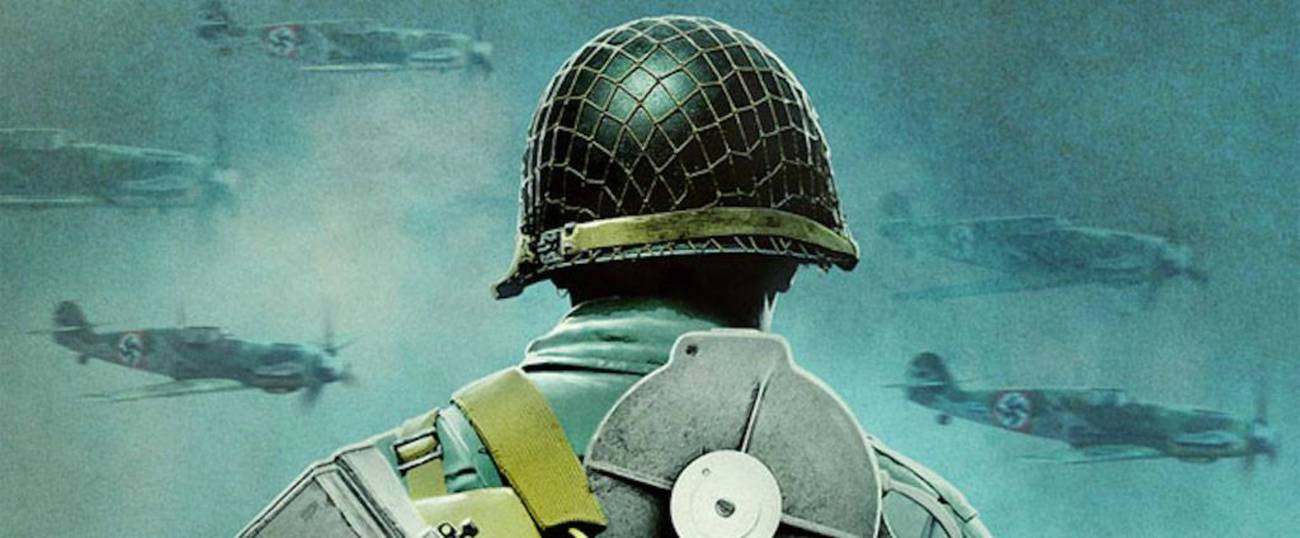‘Five Came Back’ and the Directors Who Shot World War II
Netflix’s excellent new documentary series tells the story of the wartime filmmaking of Frank Capra, John Ford, John Huston, George Stevens, and William Wyler




With brand new bombs exploding all around us, or at least, exploded on our purported behalf, it can be oddly comforting to visit the disasters of the past, where at least we know how they turned out, and that civilization as we know it somehow survived. Those looking for this kind of fatalistic reassurance should thus turn their immediate attention to Five Came Back, Netflix’s excellent new documentary series, about the Hollywood filmmakers who set out to document the battles and ideologies of World War II for the U.S. Army, and were forever changed by their experiences.
Based on the glorious and extensively researched book of the same name by esteemed entertainment journalist (and political Twitter semi-celebrity) Mark Harris, the series follows five of classic Hollywood’s most legendary directors—Frank Capra, John Ford, John Huston, George Stevens and William Wyler—as they join the U.S. Army (hardly a requirement for men of their respective ages and statures, although it’s startling to realize just how many powerful figures in the movie business (Clark Gable, James Stewart, e.g.) saw it as a patriotic duty to enlist), and ultimately use their prodigious skills as artists and technicians to “sell the war” both to the American people and the soldiers fighting for them. But Five Came Back doesn’t just rely on the star power of the past; it also employs the nifty trick of assigning a current A-list director to each of their predecessors: Guillermo Del Toro (Capra); Paul Greengrass (Ford); Francis Ford Coppola (Huston); Lawrence Kasdan (Stevens); and last but certainly not least, Steven Spielberg (Wyler). Each director explicates the formal and technical aspects to the audacious feats of filmmaking on display—and to great effect. Hearing Greengrass talk about the never-before-been attempted camera maneuvers that made Ford’s film The Battle of Midway an instant documentary classic, or Spielberg speak with no small amount of wonder of the physical danger William Wyler put himself in, flying actual bombing missions along with the crew of The Memphis Belle, is almost as fascinating as the historical context itself. (And no, it hasn’t escaped me that all the directors featured are men; however, the narration is provided by the dulcet tones of Meryl Streep, who basically passes the Bechdel test all by herself.)
Also fascinating are the very different psychologies, philosophies, and backgrounds the five men brought with them to their war work, and how these, as they were for millions of other Americans, borne out and changed forever by the war. Capra, the striving, patriotic Sicilian immigrant saw an almost holy mission to defend the country he loved and prove his bona fides as a “real American” despite originally hailing from a then-Axis power; John Ford, the quintessential he-man saw the war as a chance to test his mettle in the field, yet came away from the Battle of Midway with the sense that he was “really a coward.” John Huston, an eccentric and intrepid adventurer, was mistrusted by the U.S. Army and spent much of the war cooling his heels with other recruits bored out of their minds in the Aleutian Islands; and George Stevens, a master of the screwball comedy who saw his war assignment as a chance to show he was capable of more than “just” razor-sharp repartee between Katharine Hepburn and Spencer Tracy. He wound up filming the horrors of the newly liberated Dachau.
Most emotional and effective is the story of William Wyler, for whom the war contained a multitude of personal highs and lows. Wyler was a Jewish émigré from Alsace who came to America in the ’20s under the sponsorship of his cousin, Universal Studios founder Carl Laemmle (who during the war years strove, with limited success, to bring nearly every Jew with whom he had even a tangential connection to safety in American). He had feared his best days as a director were already behind him when he heard that he had won the Oscar for Best Director for his London Blitz set drama Mrs. Miniver while in a combat zone. But he also made a semi-AWOL side jaunt to his hometown of Mullhouse upon liberation to discover that every vestige of the Jewish community that had nurtured him, and in fact, everyone he had ever know, was gone. The devastation he must have felt is apparent in his wartime footage, which despite its technical virtuosity, finds its most powerful images in the weary, relieved, and shell-shocked faces of the survivors. War may be awesome in its destruction and global in scope, but its cost is always a human one. The five that came back understood that. The question is, do we?
Rachel Shukert is the author of the memoirs Have You No Shame? and Everything Is Going To Be Great,and the novel Starstruck. She is the creator of the Netflix show The Baby-Sitters Club, and a writer on such series as GLOW and Supergirl. Her Twitter feed is @rachelshukert.